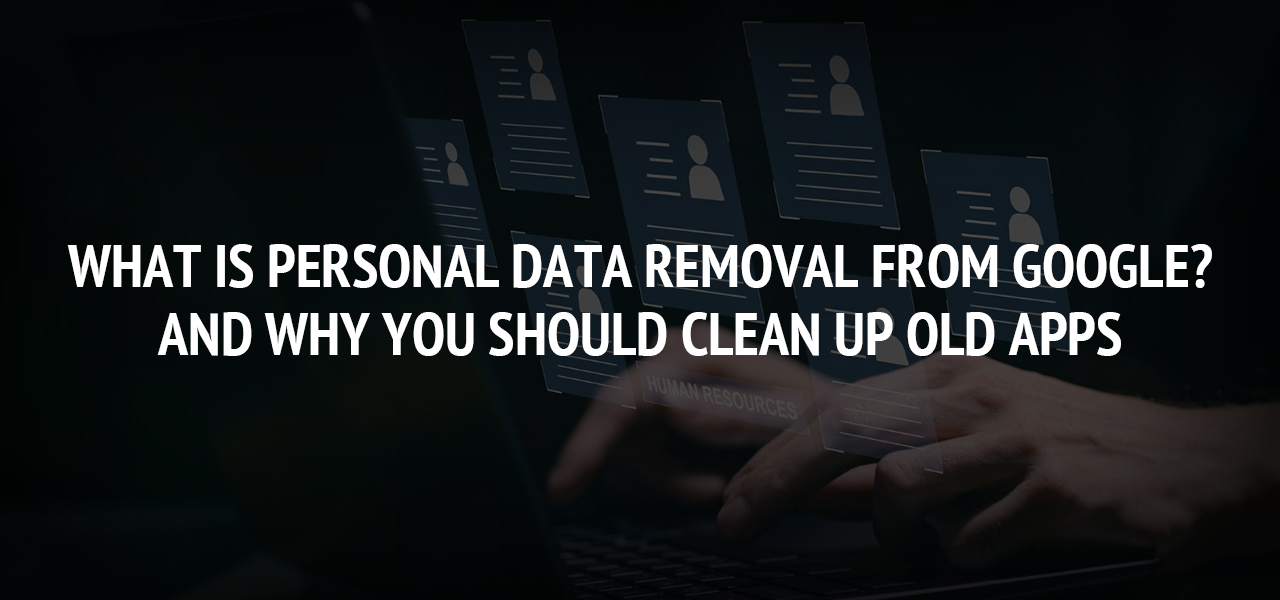Getting More Reviews: Why Are Reviews Important for Your Business?

Are you trying to figure out the answer to, "Why are reviews important?" Read this article to learn more about why reviews are important to your business.
We’ve all seen them around and perhaps even wrote them in the past.
We’re talking about those reviews sprouting up seemingly everywhere we look. But, why are reviews important exactly? Should you really bother with them?
Well, easy access to the internet has transformed the way people shop. Yet, they remain highly social creatures. They aren’t overly keen on making buying decisions based on what brands’ self-promotion.
They seek more reliable proof and we can’t blame them. Reviews are a genuine form of marketing and communication, bridging the gap between traditional word-of-mouth and online promotion. Consumers now have a strong voice and you have to take it seriously.
Reviews as Customer Magnets
An overwhelming body of evidence speaks volumes about the importance of reviews.
Since the dawn of commerce, consumers have relied on recommendations from their friends and family. In the digital day and age, however, they can easily get a heap of different opinions.
Namely, modern internet users scour the web for social proof and signs of credibility. Reviews are hallmarks of this trend. They profoundly shape consumer behavior, acting as a source of new business and referrals.
After all, people write reviews without being directly pushed to do so. Why would anyone doubt them? We can’t think of a good reason.
And the beauty of reviews is they are a form of micro-marketing that people do for you free of charge. They can continue paying dividends long after being posted online too.
In fact, favorable reviews tend to snowball, encouraging more people to write them. Before you know it, users just can’t stop talking about you.
On the other hand, negative reviews can spell doom for your sales efforts. According to one study, 94% of customers start avoiding a business upon seeing a negative review. That’s a whopping figure.
The Big Picture
So, as far as marketing assets go, having a bunch of 5-star reviews is a real game-changer.
Enticing discounts and killer ad copy only go so far. The same goes for crude tactics such as unleashing a flurry of sales pitches. More often than not, organic tactics serve you the best.
This isn’t to say reviews are a silver bullet.
They can’t pull all the weight of sales and promotions on their own. People still want to see detailed product descriptions and high-quality images. They prefer sites that are user-friendly and pleasing to the eye.
Some of them even go the extra mile to read your return policies and other documents.
The bottom line is you need to cover a lot of different bases. Realize how reviews fit your overall strategy and foster synergy between different pieces of your web property. The ability to do so is what separates winners from losers.
Notice you can use other marketing tactics to amplify positive messages emanating from reviews. For example, proudly display top reviews on your website and social media. Create some buzz around your brand and extend your reach far and wide.
Organic Ranking and Visibility
An additional benefit of reviews is they are a ranking factor.
Search engine giants like Google use it to assess your credibility and authority. With good reviews, you can move up in the SERP even if your overall SEO game isn’t up to par.
Besides, reviews are a form of content. Indexing algorithms differ, but in general, search engines reward fresh content that exists around brands.
The effects are particularly noticeable in the area of local search. There, reviews can steer a lot of customers your way, especially if they contain a mention of your geographical location.
Still, don’t think people need to write essays. Reviews are getting shorter as years roll by. Short, on-point reviews with enough stars do the trick just fine.
Of course, to make a real difference, you want to work on other SEO fundamentals. Improve your link profile and optimize the information you feature on Google My Business.
Play it by the book (Google Webmaster Guidelines) and pay attention to stars. Learn how to get Google stars back and boost your organic standing further.
Apart from Google, Facebook serves as a sprawling review hub. You should focus some of your attention there.
Collect and Act on the Feedback
Moving on, reviews are a pool of invaluable and genuine feedback.
For the most part, they are candid reflections of their opinions. Therefore, you can use them to analyze what people think about you, as well as your products and services. Recognize them as telltale signs of customer satisfaction and track them on an ongoing basis.
What is more, through reviews, you can pinpoint various problems with your offerings. Perhaps there are some product faults or customer journey pain points you need to address. This is a chance to turn unfavorable reviews and negative experiences around.
The lesson is to never ignore negative reviews. You also don’t want to dispute them. See them as learning lessons and focus on improving them in the long run.
You can respond, but you have to do it in a respectful manner. Apologize for your mistake and try to make it up for people. Mitigate the damage to your reputation and bottom line.
At the same time, see if you can offer some incentives to spur good reviews. Discount coupons are one of the most common solutions. There’s no shortage of other, non-monetary hooks.
It’s time to see what the word on the digital street is.
Why Are Reviews Important? Now You Know!
The question of “why are reviews important” has multiple straightforward answers.
From a business standpoint, they are an incredibly effective avenue for boosting sales and reputation. And rest assured reviews are here to stay and continue shaping market prospects.
Your main task is to keep your fingers on the pulse of the audience. Gather feedback to fine-tune your customer service and product design. Do everything in your power to build a strong online presence and identity.
Feel free to check out our business app category. Find user-friendly solutions and take your operations to the next level.
About The Author
Related Blog
View All-
What Is Personal Data Removal from Google? And Why You Should Clean Up Old Apps
We sign up for apps all the time. Weather apps. Budget apps. Fitness trackers. Game logins. It adds up fast. But here’s the problem—every app stores your personal data somewhere. Even after you stop using it, your name, email, location, or even payment ...
-
Testing Ignorance in These Areas Can Fail Your Application
Software testing is an integral part of the software development lifecycle. Without authenticity and commitment to software testing, companies cannot promise exceptional customer experiences through their software products. When it comes to today's landscape, ...







